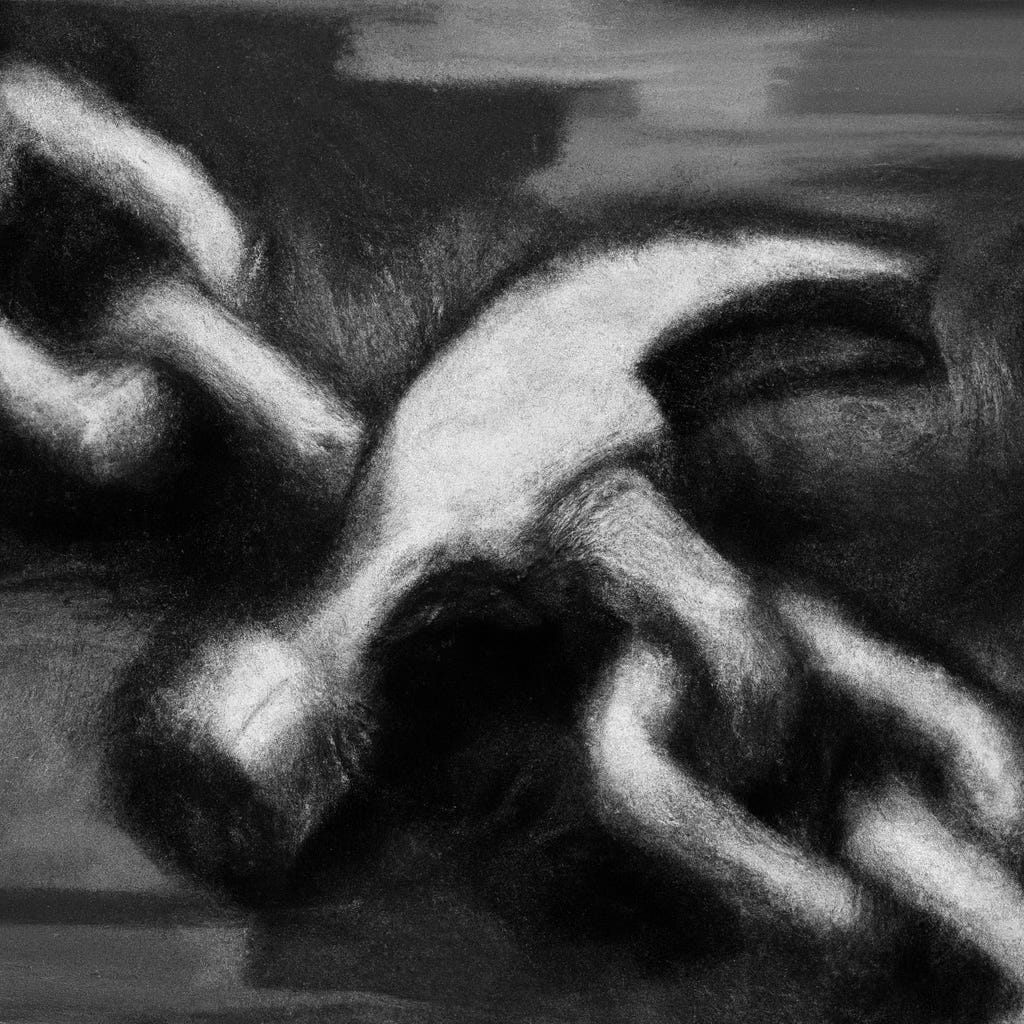Emotions are tools when mastered, chains when worshipped.
Emotions shape decisions more than reason, yet they are rarely examined with discipline. Mastery of them expands potential, while submission to them reduces life to reaction.
Emotions in themselves are neither virtues nor vices. They are raw signals—biological responses shaped by evolution—that provide information but not instruction. Anger, for example, can signal a violated boundary; fear, an imminent risk; joy, a sign of alignment with personal values. Left unchecked, these states take the role of master rather than messenger, driving actions that serve impulse over vision. The individual who confuses emotion with truth ceases to act strategically and begins to act instinctively, no different from any animal bound by instinct.
The question is not whether emotions exist, but whether they are interpreted correctly. Mastery lies in separating the signal from the story. Envy may reveal what one truly desires; sadness may illuminate what one truly values. When treated as tools, emotions sharpen perception and clarify direction. When worshipped, they become chains, dictating choices through attachment, resentment, or fear of loss. To treat emotions as ultimate authority is to abdicate responsibility for one’s own becoming.
A disciplined individual uses emotions as levers. Anger is directed into creation rather than destruction. Fear is reframed into vigilance that prevents complacency. Even despair can be channeled into momentum when it exposes the insufficiency of current conditions. The point is not suppression but conversion—transforming raw energy into deliberate movement. Just as fire can destroy or forge, emotions become destructive only when handled without precision.
This requires detachment without denial. Suppression distorts emotions, driving them underground until they reappear in unpredictable ways. Detachment, by contrast, observes emotion as data without surrendering to it. This stance permits choice: to act with or against the signal, but always with intent. Such practice demands both self-awareness and self-discipline, and it distinguishes individuals who command their trajectory from those carried along by circumstance.
In professional, personal, and societal domains, the same principle applies. Organizations ruled by collective fear stagnate. Leaders guided only by pride collapse under their own hubris. Communities built solely on outrage consume themselves. What holds for the individual scales to entire systems: emotions unmastered corrode, emotions mastered construct.
The highest task is not the elimination of emotion but its integration into a broader architecture of growth. When emotions cease to dominate and begin to serve, they open space for clarity, resilience, and creation. Only then does the individual stand free of invisible chains, capable of shaping reality rather than being shaped by it. True freedom does not mean feeling nothing. It means never being ruled by what is felt.

